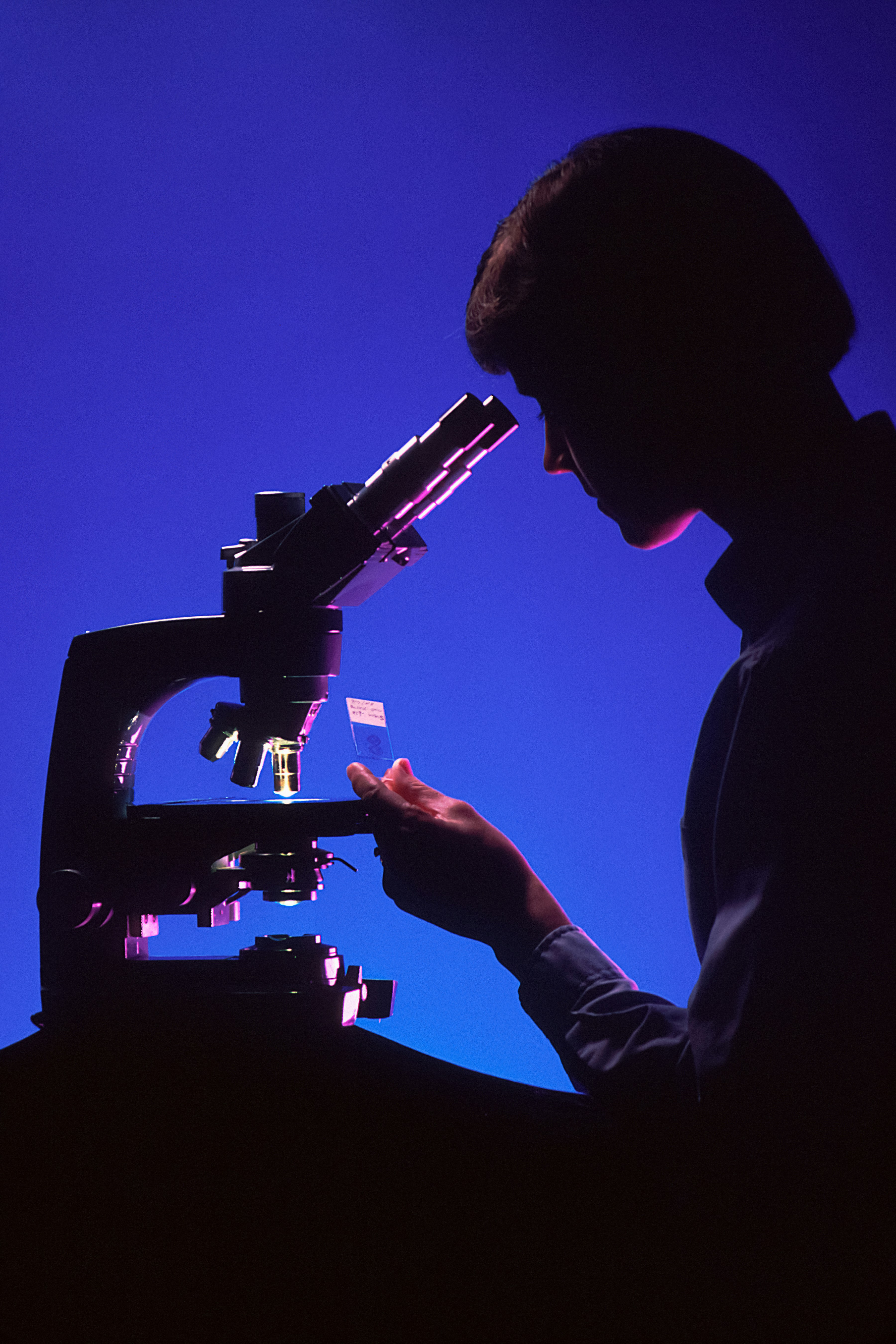Unlocking the Language of Cancer
Our AI-learned visual language of tissue enables automated systems to understand and interpret complex pathological data with unprecedented accuracy.
Our Mission
TileBio's mission is to unlock the visual language of pathology and transform how disease is understood, diagnosed, and treated. We are building large-scale foundation models capable of learning directly from millions of diverse medical images, without human labelling, to capture the subtle patterns and relationships that define tissue biology. By making this knowledge accessible, we aim to enable faster, more accurate diagnostics and accelerate the discovery of new biomarkers and therapies.




The Problem
Pathology remains the cornerstone of diagnosis, but much of the visual complexity in tissue slides is invisible to the human eye. The shortage of pathologists worldwide, combined with the high cost and bias of human-labelled datasets, limits the scalability of AI tools in medicine. Existing solutions are often narrow, disease-specific, and unable to leverage the full breadth of global pathology data, leaving vast untapped potential in medical imaging for both clinical and research applications. This is at a time when the demand for accurate, rapid diagnostics is greater than ever, vastly outpacing the supply of trained human professionals.
Stats
- Whole Slide Images for Training
- 1M+
- Language Tokens for Training
- 0B+
- Supported Cancer Types
- 0+
- NHS Clinical Validation Cases
- 5K+
Our Solution
TileBio has developed a unique approach that converts histopathology images into an AI-learned visual language of tissue, allowing each sample to be represented as a structured “document.” This enables the use of state-of-the-art large language model techniques and a propietary LLM to interpret the context and relationships between features within a slide. Our self-supervised method is capable of training on unlabelled data at unprecedented scale, learning from millions of patient samples to detect patterns beyond human perception, therein improving diagnostic accuracy and powering breakthroughs in biomedical and pharmaceutical research.
Our Impact
By scaling our foundation model across millions of diverse pathology samples, TileBio is creating a universal, interpretable language of tissue biology. This will allow clinicians to detect disease earlier and with greater precision, researchers to uncover novel biomarkers, and pharmaceutical teams to accelerate drug discovery and optimise clinical trial design. The result is a step change in how pathology data is used: from isolated diagnostic snapshots to a connected, global resource that drives innovation across healthcare and biomedical science.